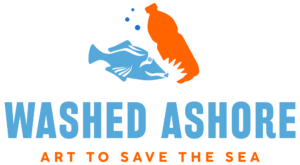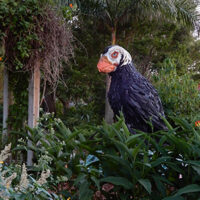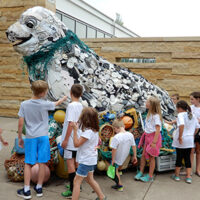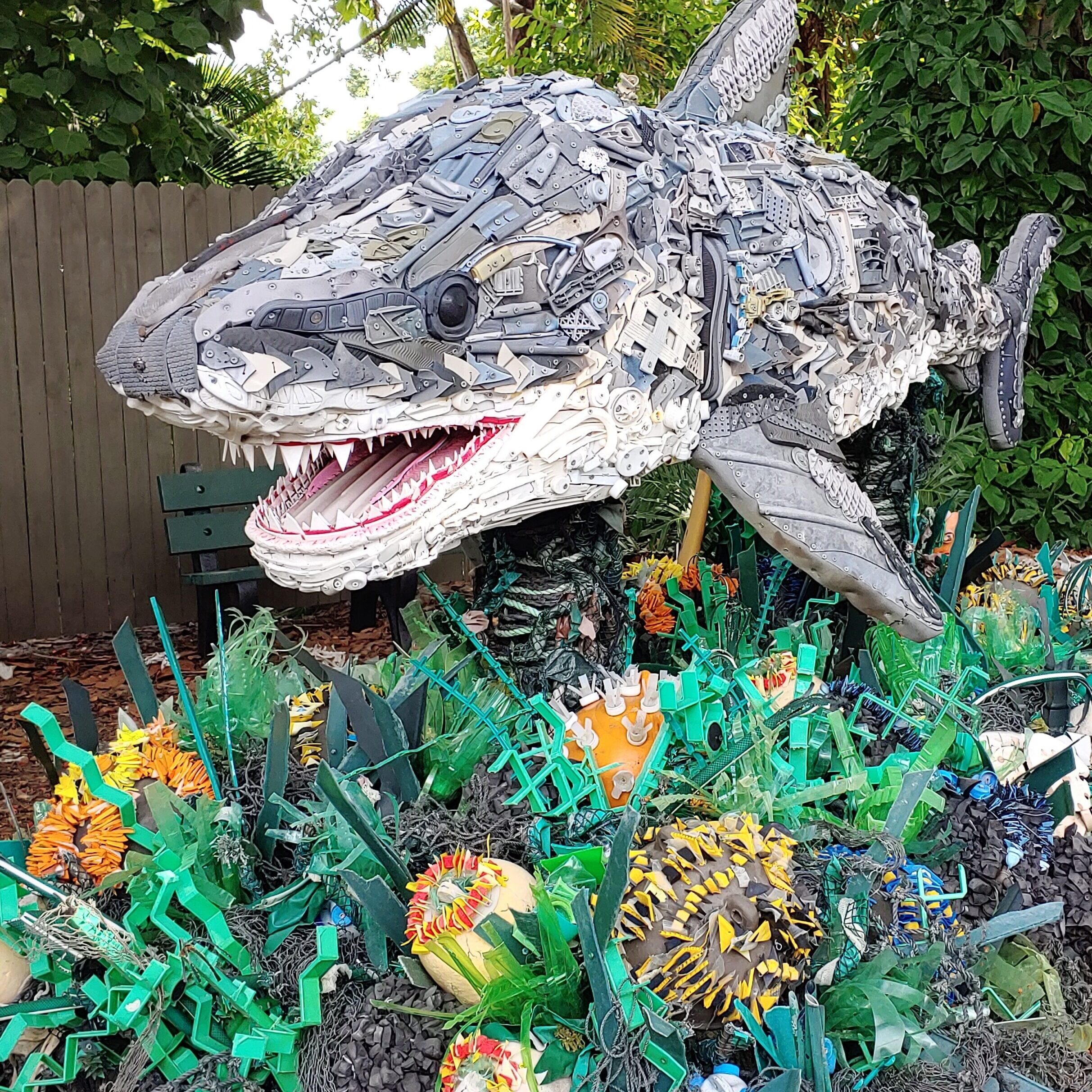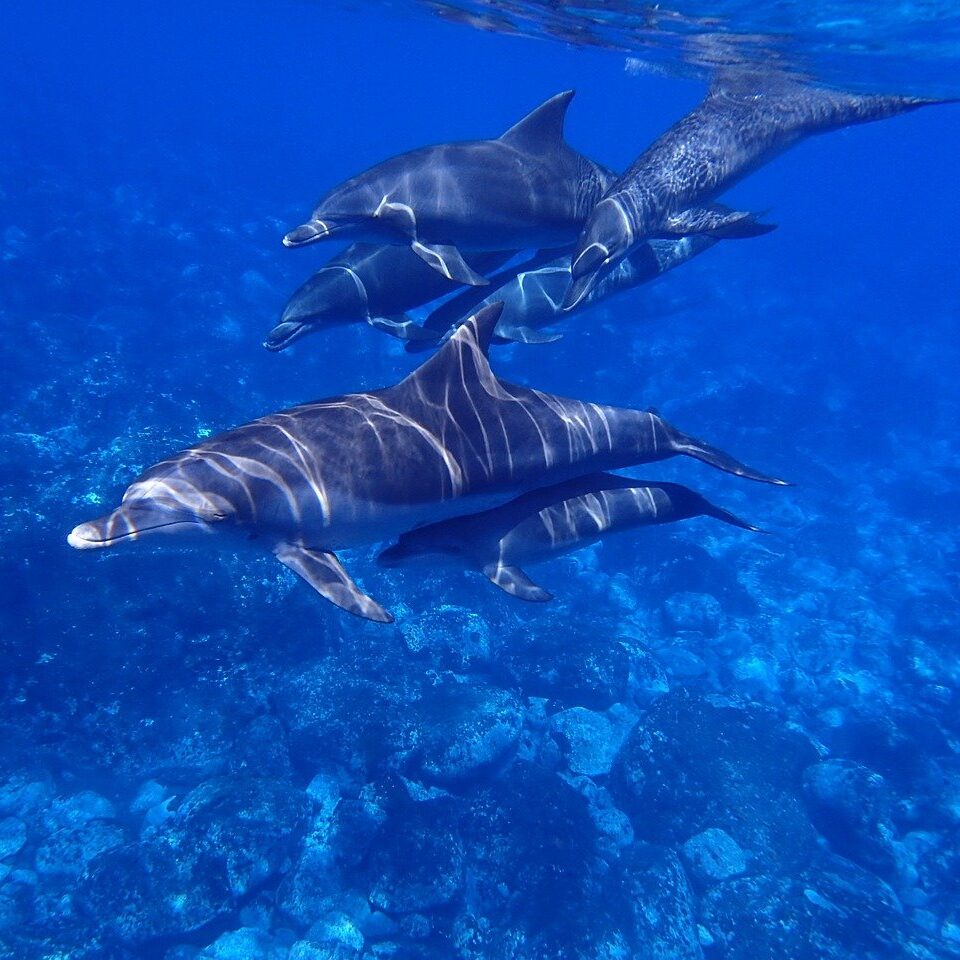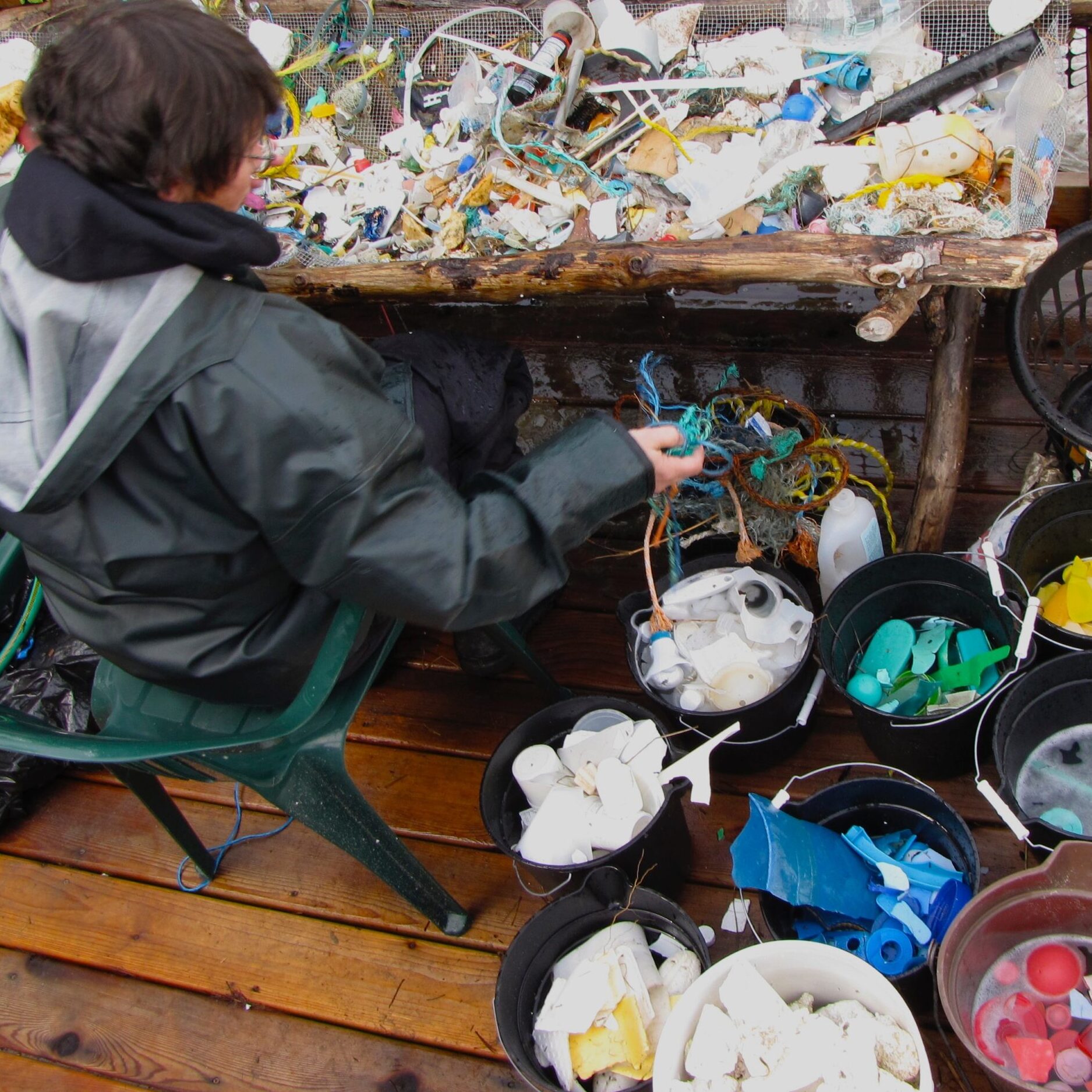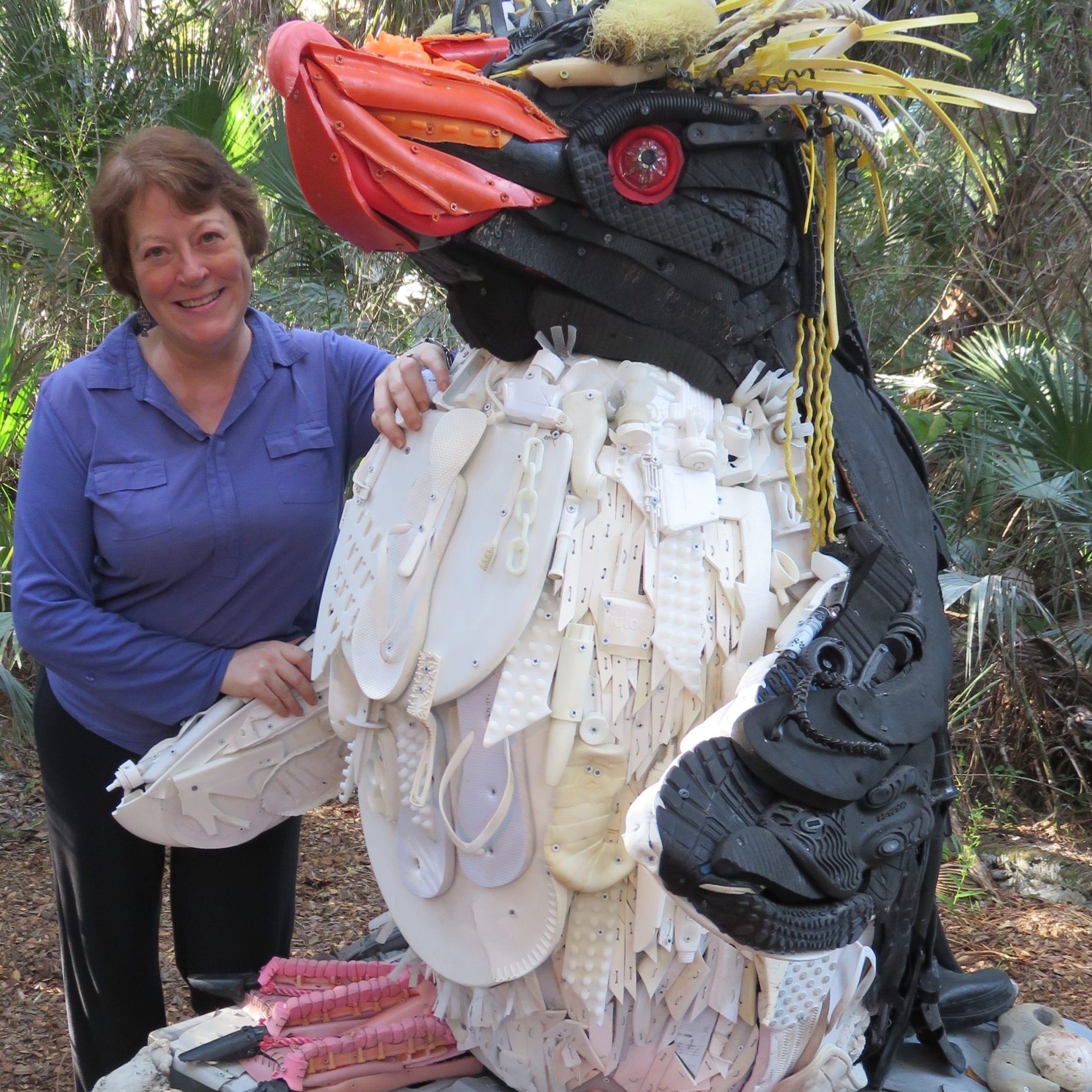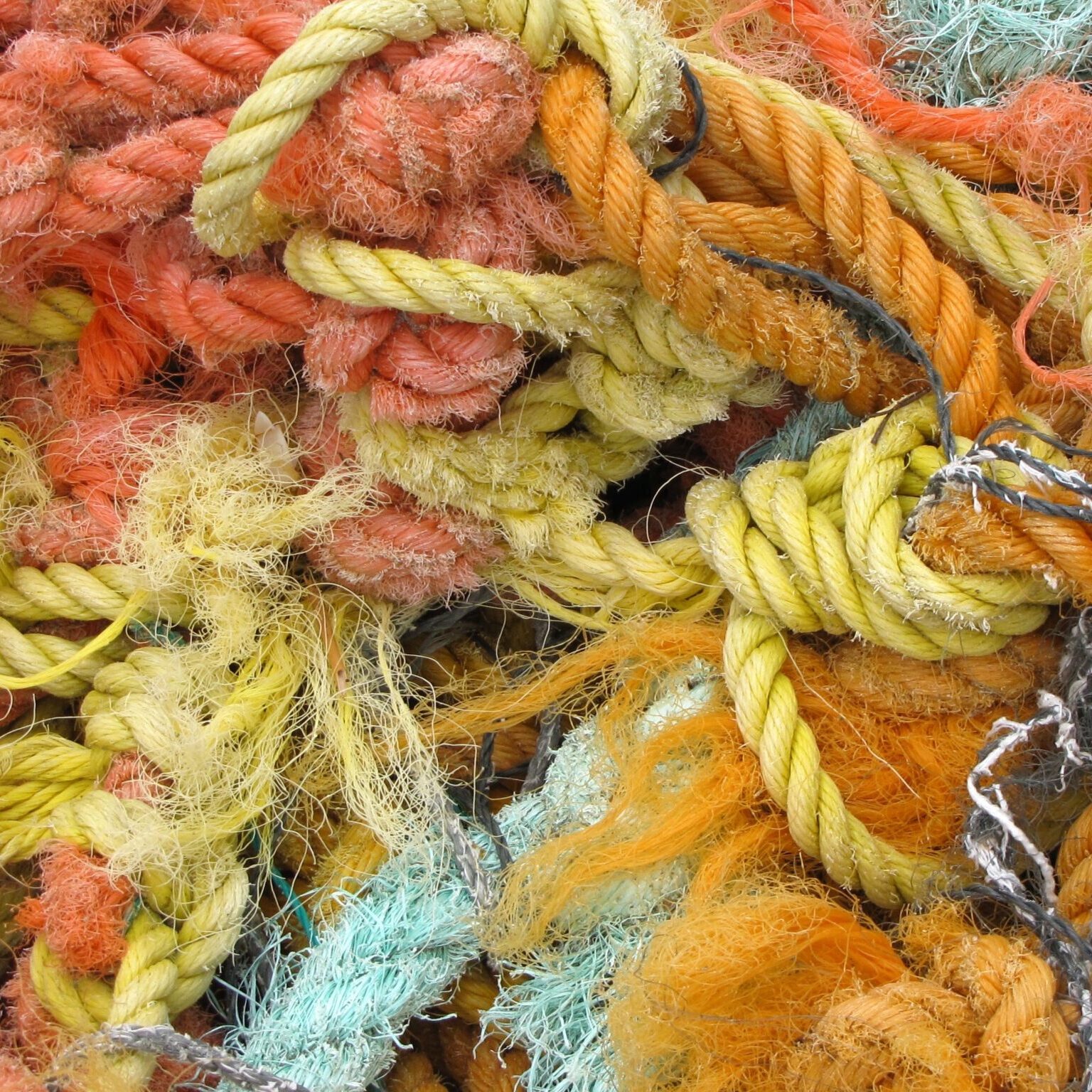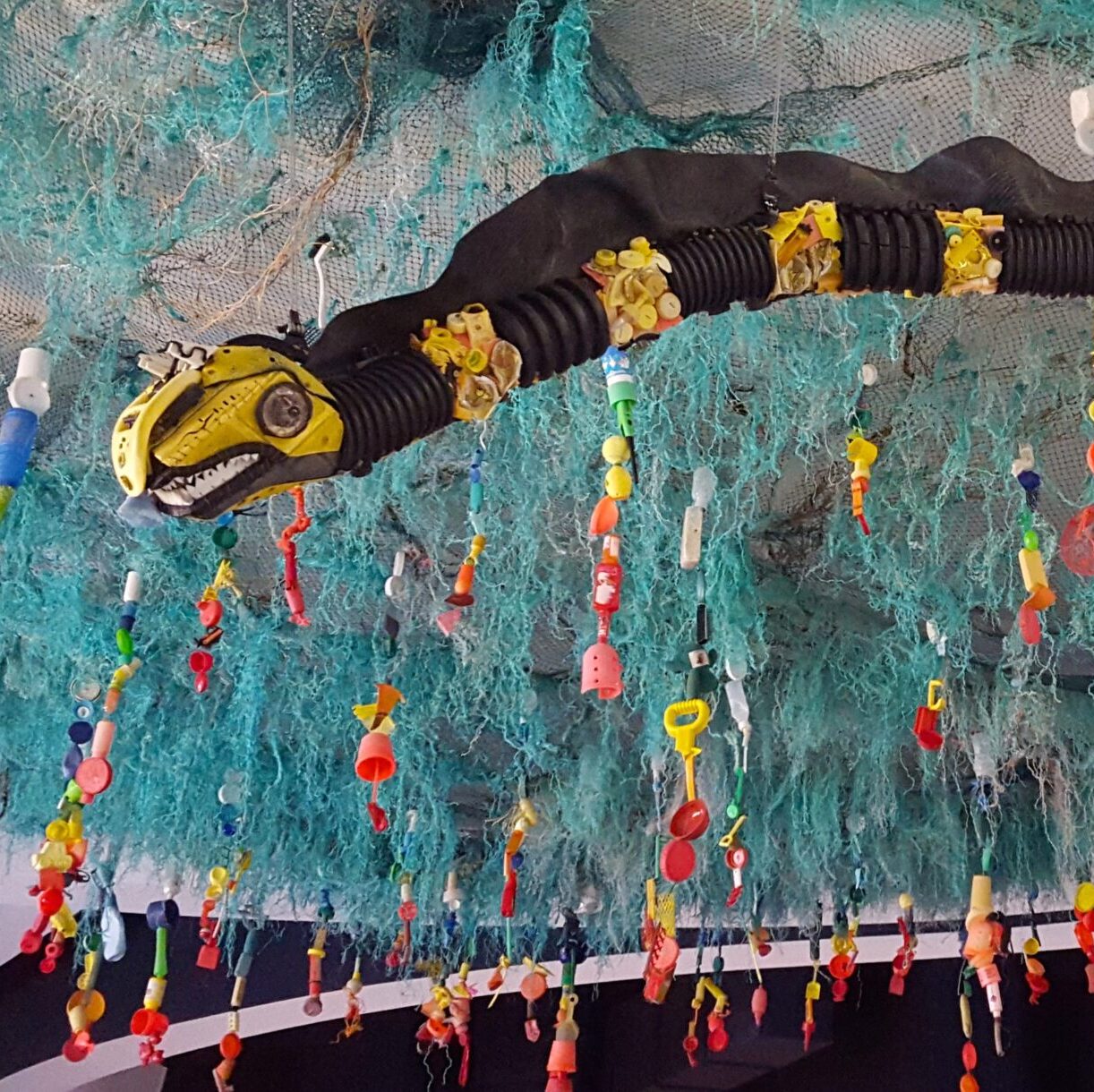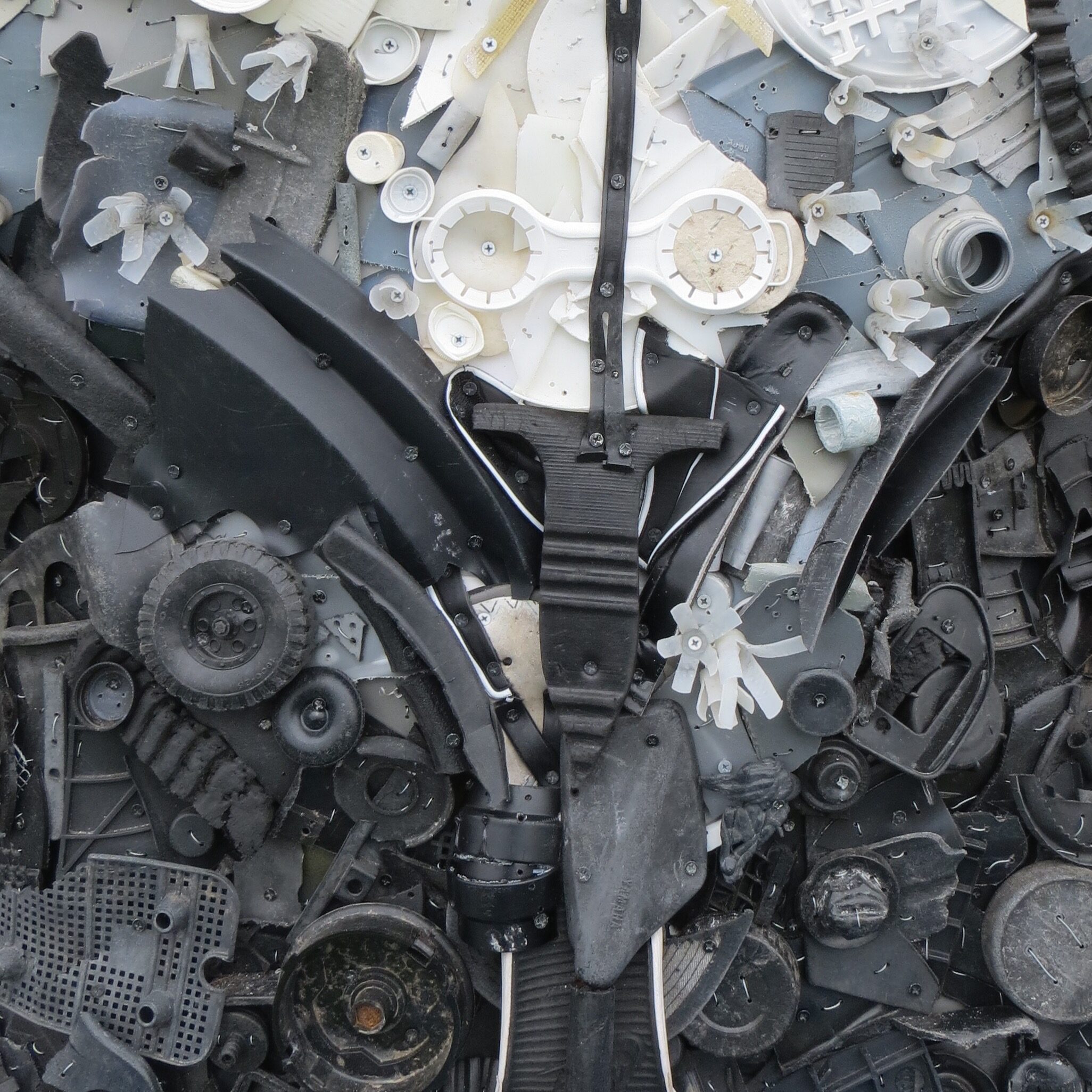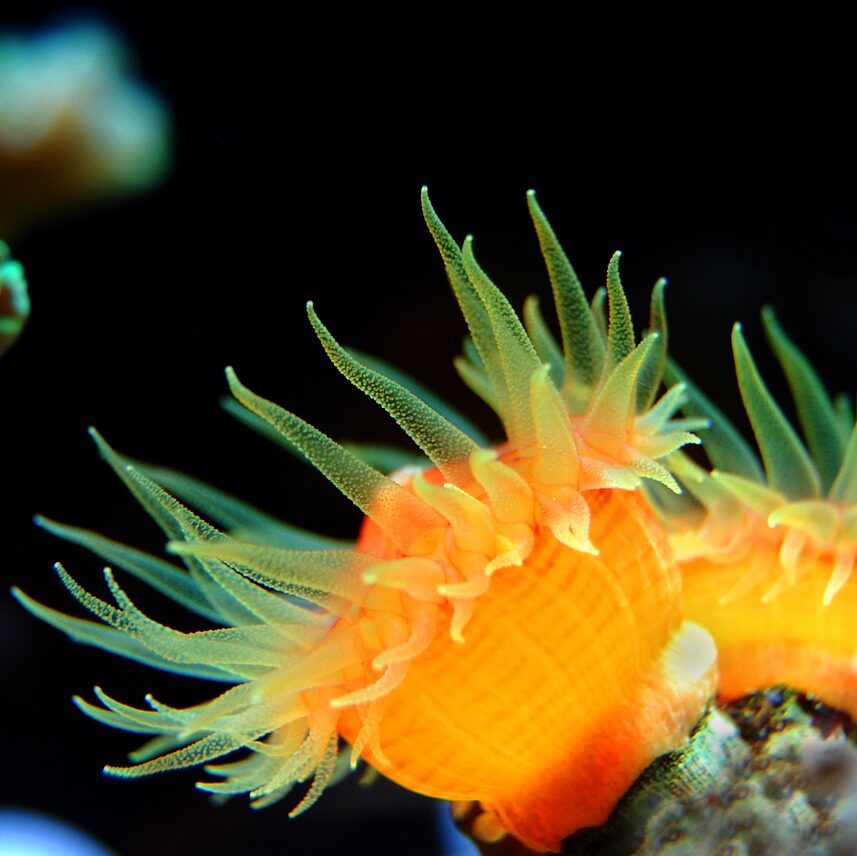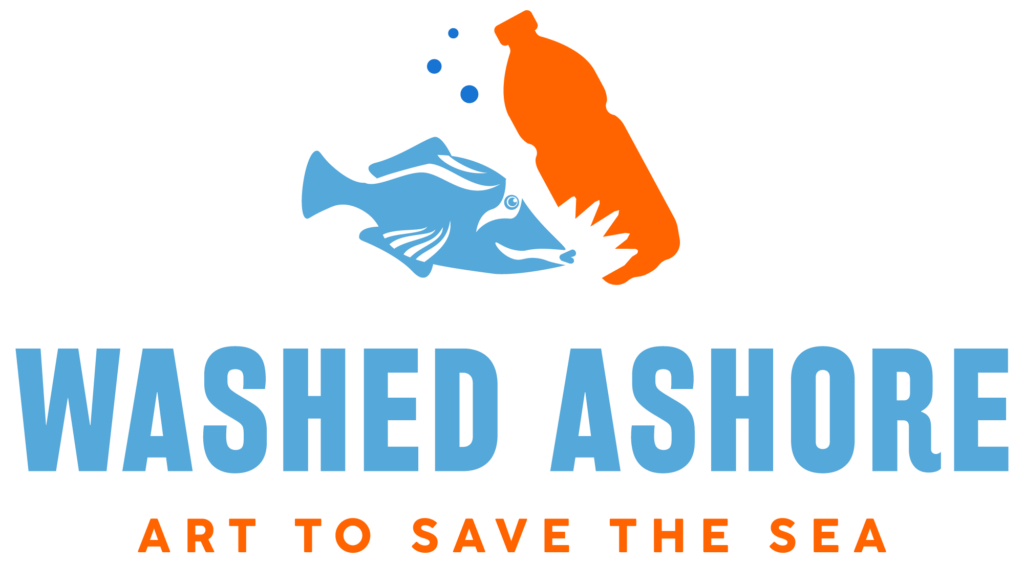Education Hub
A space for educators
Washed Ashore is passionate about ocean conservation and education. Designed for educators and homeschool, our learning hub provides curriculum that aligns with our mission to save the sea.
Meet our Animal Advocates: Our world famous, giant sculptures made entirely from beach debris that travel the globe educating about plastic pollution and encouraging change.
Education
“Education is the most powerful weapon which you can use to change the world”
Nelson Mandela
Take 5 - Our Educational Initiatives
These five interconnected initiatives are the foundation for Washed Ashore's educational programing. Take 5 works to promote a comprehensive understanding of the marine debris issue when presented by Washed Ashore.
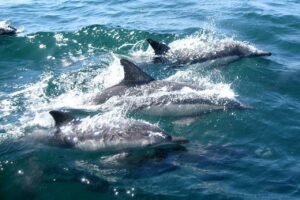
1. LOVE THE OCEAN
To know the ocean, its shorelines and its inhabitants. To understand how the ocean affects everyone everywhere on earth.
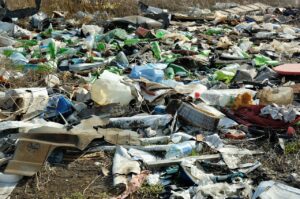
2. PLASTIC POLLUTION
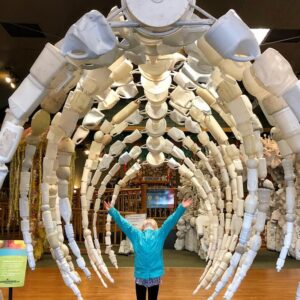
3. ARTS ENLIVEN
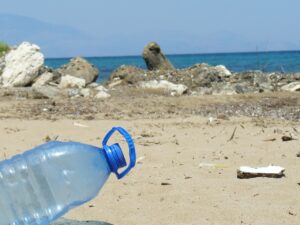
4. R’s EVERY DAY
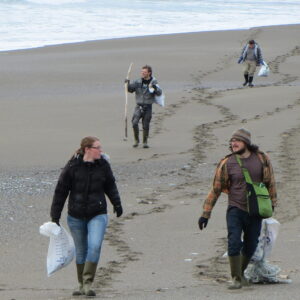
5. ECO-SHIFT
To learn more about how we put our educational initiatives into action through curriculum, workshops, and activities, please contact us by Email.
Marine Debris Facts
Plastic pollution has spread to every ocean
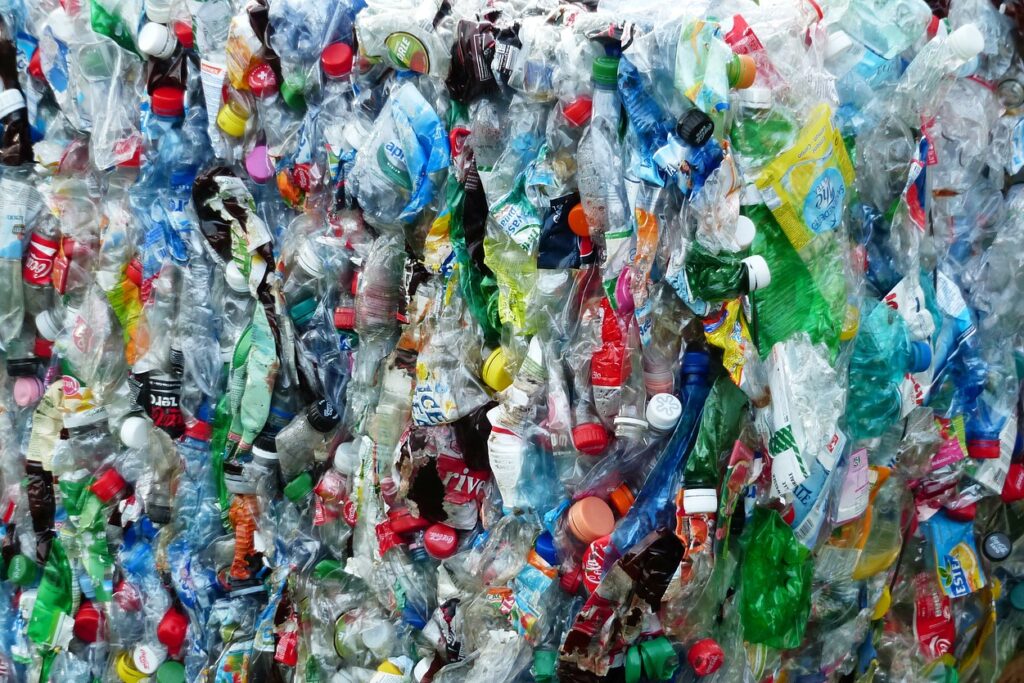
Fact 1
About 300 million pounds of plastic is produced globally each year and less than 10 percent of that is recycled.
It is difficult to estimate how long it will take our trash to decompose. For some estimates take a look at this list in NOAA’s Guidebook to Beach and Waterway Cleanups.
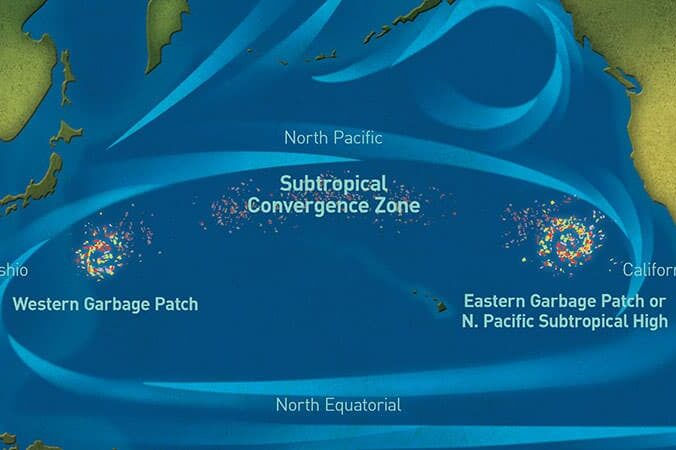
Fact 2
Every year we add millions of pounds of plastic to our oceans that collect in gyres. What is a gyre? An ocean gyre is a large, slow-spinning vortex of ocean currents caused by trade winds and the earth’s constant rotation. There are five major gyres in the world’s oceans that collect, churn and disperse millions of tons of plastic pollution from every continent. Rather than an island or garbage patch, the world’s ocean gyres are a constantly moving “plastic soup” with plastics found in every depth of the water column.
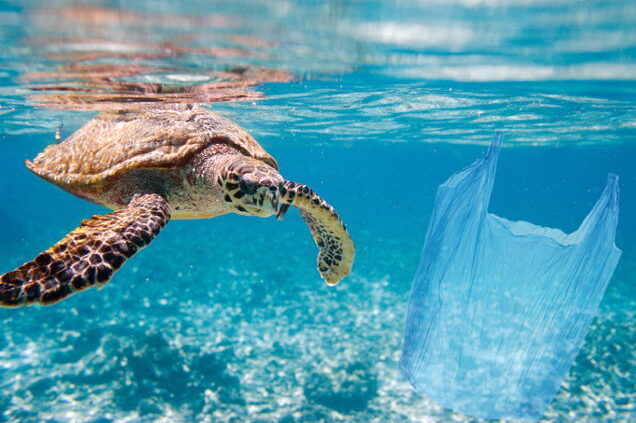
Fact 3
Sea turtles and other marine life can mistake plastic for food. Plastic pollution in our oceans and waterways is a global crisis. Each year, sea birds, whales, seals, sea turtles and other marine life die after ingesting plastic or becoming entangled in it. Plastic pollution has spread into all marine habitats and every level of the food chain. The World Economic Forum and Ellen MacArthur Foundation, at our current rate, we can expect to have more plastic than fish, by weight, in the world’s oceans by 2050.
Inspire Change
Through our program we are educating and motivating individuals to change our world
